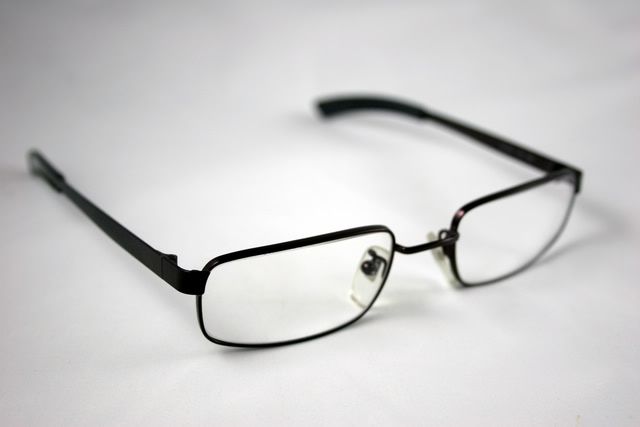 Night in the ER:
Night in the ER:Errors = 2
1. No laughing until the doctor, patient and guest laughs.
Scenario: I'm standing at the foot of the patient bed. The doctor asks about her health and the patient says, "I'm absolutely, fine." Jokingly, the doctor replies, "Well you can't be doing that well because you're here." The patient's son, who is in the room, adds, "She suffers from slight dementia." I take this statement to be a funny retort to the doctors comment until I realize I'm the only one laughing... oops!
2. Don't make the nurse mad.
All hospital beds are not created equal. I take a patient to another unit where the beds have some type of space age design which I'd never encountered. After pestering the nurse a bit, she finally comes over and shows me how to undo the wheel lock within two seconds. Don't they usually send someone else to take the patients. She does this in a undeniably perturbed tone that says "don't come back here!" You got it.
Great moments = Two biggies
1. I was able to do the history of a patient experiencing chest pain. I wasn't that nervous. I managed to ask a pretty comprehensive set of questions. I reported my findings to the resident who was impressed at the amount of info I'd attained. Although, my diagnosis was wrong it was wicked cool watching the spiral ct scan that they'd taken. The human body is amazing!
2. One patient and one hospital employee asked me diabetes questions I was able to answer! Yay, I have learned a few things that are patient relevant in my research.
Newly acquired knowledge courtesy of a 4th yr. medical student:
Remember these things to take a good patient history... OLD CARTS
O - Onset of symptoms. (when things went wrong)
L - Location of symptoms. (which way did it go george?)
D - Duration since symptoms began. Duration of an episode.
C - Characterized symptoms (short, shooting, stabbing, dull pain, etc)
A - Associated factors (standing, sitting, allergy)
R - Relieving factors (what helps it go away -- ice, ice baby, meds)
T - Timing. When is it worse or better? (day, night, during Shark Week)
S - Severity. Rate by scale from 1 to 10.

Nuk ka komente:
Posto një koment